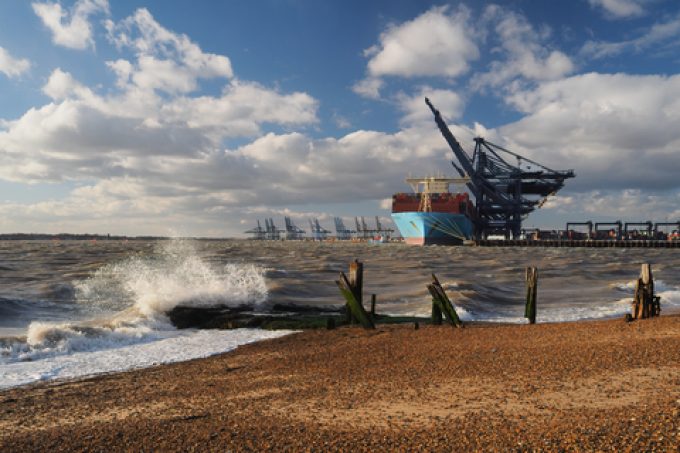Tighter EU import requirements proving 'a challenge' for forwarders
“Stricter Customs regulations” from the EU’s ICS2 will see “stricter enforcement”, Hapag-Lloyd has warned, and ...

The Maersk and Hapag-Lloyd sales reps will be out in the field in force over the coming months, visiting their key account customers ahead of the transition to the Gemini Cooperation alliance early next year.
The importance of these face-to-face contacts cannot be over emphasised: shippers remain sceptical about the hub-and-spoke transhipment concept of the new vessel-sharing agreement (VSA) and will want to be reassured that the Gemini partners have all their operational ducks (ships and hub & spoke ports) in ...
Amazon pushes into LTL for small package fulfilment and UPS does a u-turn
New senior management for DSV as it readies for DB Schenker takeover
Volumes set to 'fall off a cliff' as US firms hit the brakes on sourcing and bookings
Asian exporters scramble for ships and boxes to beat 90-day tariff pause
Temporary tariff relief brings on early transpacific peak season
'Tariff madness' will prompt renegotiation of ocean shipping contracts
Response to tariffs by Chinese importers may see extra costs for US shippers
Forwarders 'allowing the fox into the chicken run' by supporting 'hungry' carriers

Comment on this article